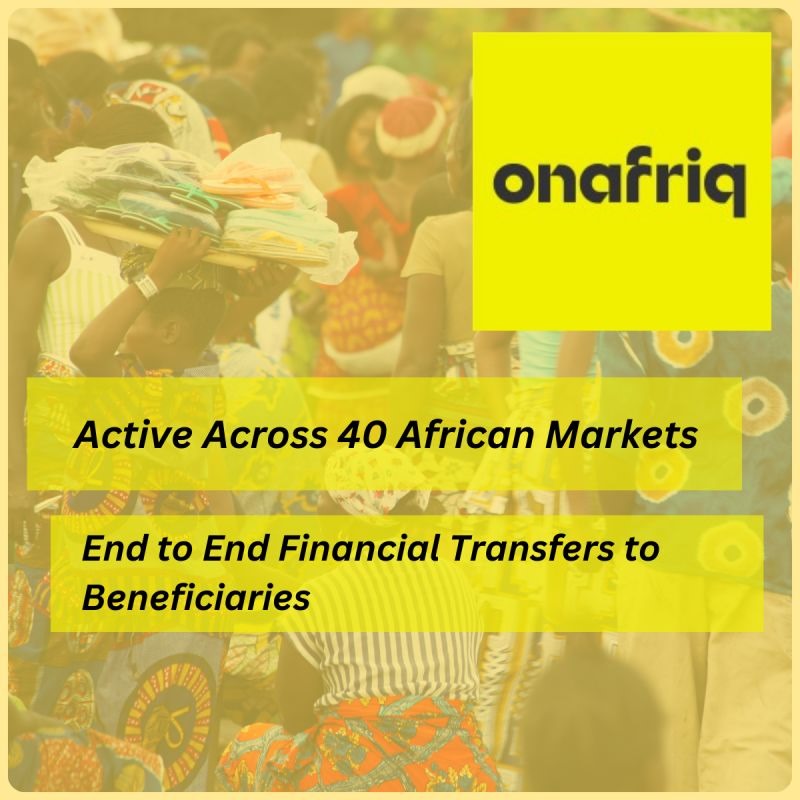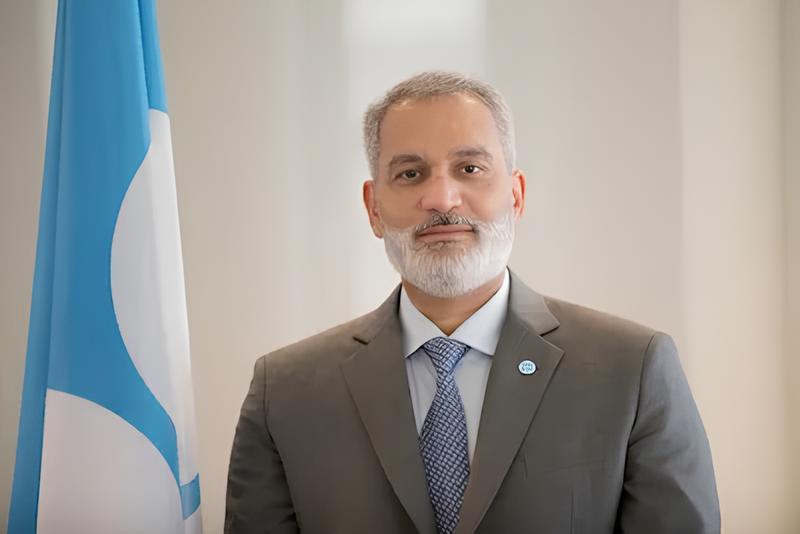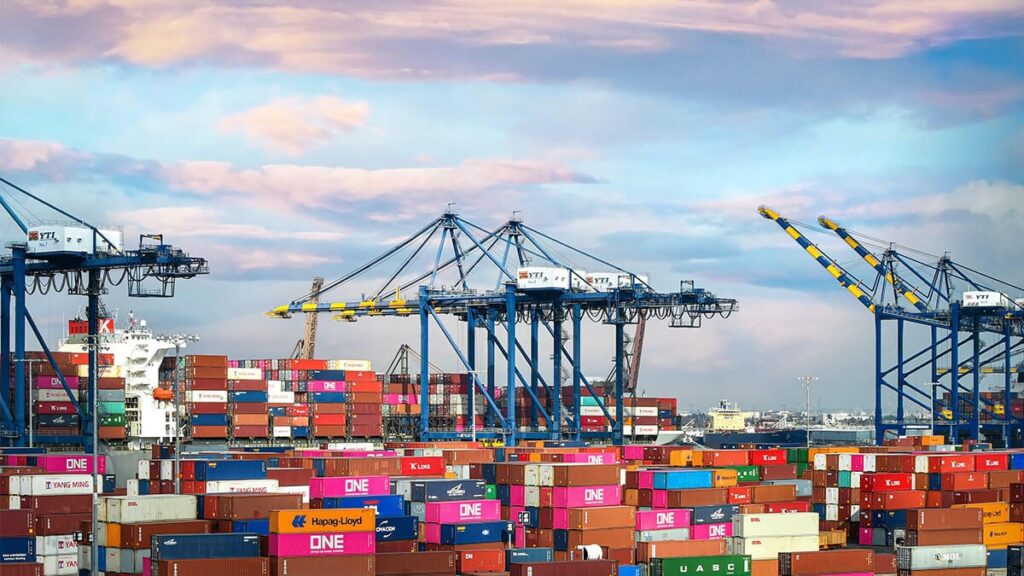- Africa’s new dawn: the rising role of digital and AI in agriculture
- Can Dangote Refinery Transform Africa Energy Ambition
- Gallup Survey: 80 per cent of Kenyan Workers Are Disengaged and Seek New Opportunities
- Madagascar Man Freed from 5KG Tumor After 15-Year Struggle
- How women in Africa are perceived and treated
- Sugar consumption in Kenya to Increase to 1.23 Million Tonnes
- Can Somalia and Turkey Oil deal Bring Change in Somaliland
- Remittances to Kenya dropped to $371.6 million in June, marking a six month low
Author: Opinion
- Existing scientific research in Africa’s renewable energy transition often overlooks certain dispatchable technologies that could enhance grid flexibility.
- Studies primarily focus on zero-carbon dispatchable technologies like concentrated solar power and geothermal, despite their limitations in efficiency, reliability, and cost.
- Balancing engine power plants, which are globally recognized for their flexibility, reliability, and cost-effectiveness, are notably absent in these analyses, despite their potential to run on clean fuels in the future.
It is no longer disputed that solar and wind power will be the foundation of Africa’s future energy systems. They are perfectly suited to the continent’s unique conditions and are already the most cost-competitive power option in almost all cases. This consensus spans academia, businesses, and policymakers who all recognize the potential of renewable energy to meet Africa’s growing needs sustainably.
They also readily acknowledge the intermittent nature of renewables, and the associated need for flexible power capacity within the …
- Creating a “greater purpose” is essential to Onafriq’s corporate culture, driving its growth and unifying Africa’s digital payments.
- Onafriq’s digital payments network connects over 1,300 cross-border payment corridors and facilitates financial access for over 500 million mobile wallets and 200 million bank accounts in 40 markets in Africa.
- Overall, Onafriq empowers small businesses and women entrepreneurs by providing access to digital payment options, asset-based financing services, and additional income opportunities.
Being deliberate about creating a “greater purpose” is essential to building an authentic corporate culture, engaging stakeholders, and navigating the evolving landscape of corporate philanthropy. This is the philosophy behind Africa’s largest digital payments network, Onafriq’s, extensive growth and vision to unify the continent’s digital payments landscape according to its General Counsel and Chief Risk Officer Funmi Dele-Giwa.
Dele-Giwa recently shared insights into the organisation’s unique position at the intersection of social impact and commercial ambition at the Women in …
- The momentum of financial inclusion programmes is progressively strengthened as financial institutions, businesses and consumers embrace cashless convenience and digital payments that are secure and seamless.
- Currently, Rwanda is a prime market for digital payments, with a young population of which 69 per cent is below the age of 30, and the second-highest population density in Africa
The momentum of financial inclusion programmes is progressively strengthened as financial institutions, businesses and consumers embrace cashless convenience and digital payments that are secure and seamless. Technology development broadens the scope of delivery of financial services, and the advantages of digital payments manifest in providing easy access to the masses, reducing travel and queuing times, quicker transactions and seamless money movements that are cashless.
Currently, Rwanda is a prime market for digital payments, with a young population of which 69 per cent is below the age of 30, and the second-highest population density …
- Half of OPEC Member Countries are African and this includes the continent’s most populous country, Nigeria, and the largest by area, Algeria.
- OPEC also counts Congo, Equatorial Guinea, Gabon and Libya as Member Countries.
- Additionally, two African countries are part of the historic ‘Declaration of Cooperation,’ between OPEC and non-OPEC producing countries, namely Sudan and South Sudan.
Since assuming the office of OPEC Secretary General almost two years ago, I have had the privilege of visiting every African OPEC Member Country, as well as several other African countries. Every visit has reaffirmed my firm conviction that the future is bright for Africa and that the oil industry can play a constructive role in that future. Our Organization stands ready to offer any support it can to help this great continent realize its awesome potential.
OPEC takes great pride in its strong and enduring African connections, heritage and identity. Half of …
- Africa is experiencing growth in the export of goods and services and its economics outline promising opportunities for further growth.
- As trade volumes continue to rise and digitalization shapes e-commerce, customs, port, and border administrations must adapt quickly to ensure smooth clearance processes, accurate tracking, regulatory compliance, and timely delivery.
In today’s fast-paced world of trade, the demand for efficiency and transparency has never been more pronounced. Digitalization and cutting-edge technologies have continued to streamline trade processes fostering a more efficient trading ecosystem.
Annually, the European Commission’s Customs Union manages a staggering €3.5 trillion in goods trade, highlighting how vital it is to have smooth customs and clearance control checks. In the past decade, Africa has experienced growth in the export of goods and services and its economics outline promising opportunities for further growth aimed at facilitation and integration.
As trade volumes continue to rise and digitalization shapes e-commerce, customs, …
- Artificial intelligence in Africa can potentially propel the fintech industry into a new era of financial inclusion.
- AI tools can analyse data from client discussions, producing legal documents in simple language and at a fraction of what it would typically take to draft a contract.
- Banks, for example, can make their services more affordable to their customers by rolling out AI-powered chatbots to handle routine queries while sparing them from having to travel to a bank branch.
It’s difficult to imagine a time before the widespread adoption of mobile technology in Africa – particularly where financial services are concerned. For millions of unbanked people, transactions were limited to cash, postal services or even the barter system.
Now, in much the same way as mobile payments completely disrupted the status quo, AI has the potential to propel the fintech industry into a new era of financial inclusion. And perhaps most exciting …
- One of the most important ways a fintech can listen to its customers is to gauge how they engage with its products.
- Having a deep understanding of customer needs results in innovative solutions.
All around the world businesses are pulling out the stops to achieve growth in what can best be described as challenging economic conditions. Africa is no exception. The continent has long been recognised for its immense potential, and as such businesses across sectors are investing heavily into the continent.
Advancements in technology make serving the unbanked and underserved populations in Africa more viable than ever before. However, that does not mean growth comes easily. It is a hyper competitive and complex environment where genuinely understanding your customer is key to growth.
Even with this textbook understanding, there is a strong urge to take the “build it and they will come” approach because we can get caught up …
- Namibia is fortunate to benefit from the experiences of other oil- and gas-producing states.
- The country’s oil and gas sector is still looking forward to reaching the production phase, but S&P Global analysts don’t anticipate Namibia’s first oil production will come until 2029.
- Further, the country’s first gas-to-power project is scheduled to begin in 2027.
Namibia’s energy sector is still looking forward to reaching the production phase — S&P Global analysts don’t anticipate Namibia’s first oil to come until 2029, and the country’s first gas-to-power project is scheduled to begin in 2027.
Ohio State Team Jersey
ohio state jersey
Ohio State Team Jersey
asu jersey
ohio state jersey
Iowa State Football Uniforms
detroit lions jersey
micah parsons jersey
micah parsons jersey
Iowa State Football Uniforms
fsu football jersey
OSU Jerseys
custom football jerseys
asu jersey
Before Namibia achieves these hotly anticipated milestones, Namibian lawmakers can implement thoughtful, …
- If oil disappeared tomorrow, thousands of petroleum-based products would vanish with it.
- If oil disappeared tomorrow, it would be catastrophic for health services everywhere.
- If oil disappeared tomorrow, millions of jobs would be lost. Tax revenues would be depleted, and industrial production would crimp.
If oil disappeared tomorrow, there would be no more jet fuel, gasoline, or diesel. Internal combustion engines, automobiles, trucks, lorries, and coaches would be stranded. Airplanes powered by jet fuel would be grounded. Freight and passenger rail powered by diesel would halt. People could not get to work; children could not get to school. The shipping industry, transporting both freight and passengers, would be devastated.
There would be no point in calling emergency services. Most ambulances, fire engines, police cars, rescue helicopters, and other emergency vehicles would be stationary. Most phones and computers would also vanish as their plastic components derive from oil, so it would …
- President Hage Geingob was truly an African giant, but one whom far too many people didn’t know about.
- Namibia has President Geingob to thank for its rapidly developing green hydrogen sector, which will lead to even more jobs, business opportunities, and access to electricity for Namibians.
- The late Geingob’s visionary leadership, integrity, and his wise approach to building Namibia’s hydrocarbon and renewable energy sectors was outstanding.
On Monday morning, February 4, many of us woke to the news of the tragic passing of Namibian President Hage Geingob.
The death of this great man and remarkable leader is a tremendous lsac à dos eastpak jordan proto max 720 yeezy boost 350 v2 hyperspace yeezy shoes under 1000 inflatable kayak sit top kayak custom kings jersey nike air max 90 futura sac à dos eastpak deuce vaughn jersey nike air max 90 futura 8 ft kayak kansas city chiefs crocs nike …














